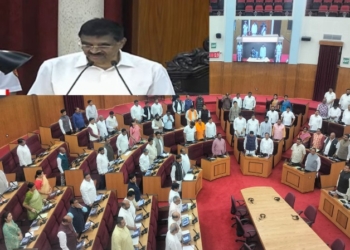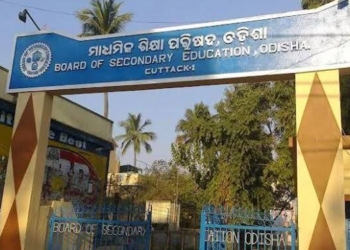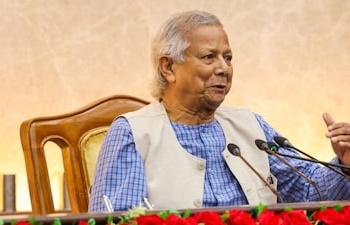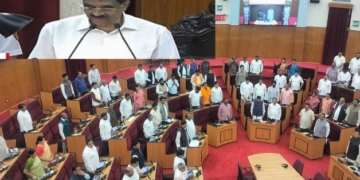India is taking centre stage in global land governance discussions at the World Bank Land Conference 2025, where the country’s revolutionary SVAMITVA Scheme and Gram Manchitra platform are being highlighted as models for sustainable, technology-driven land administration.
A high-level delegation led by Shri Vivek Bharadwaj, Secretary, Ministry of Panchayati Raj (MoPR), is presenting India’s pioneering land tenure solutions, emphasising their role in rural empowerment, climate action, and modernisation of land records. The conference, themed “Securing Land Tenure and Access for Climate Action: Moving from Awareness to Action,” seeks to accelerate secure land access and resilience strategies in response to global climate challenges.
SVAMITVA, which leverages drone technology and geospatial mapping, has issued property cards to over 24.4 million households and successfully mapped over 100 million property parcels, unlocking an estimated $1.162 trillion in land value. This initiative fosters economic growth, reduces property disputes, and enhances climate-aligned land management.
During the Plenary Session, Shri Bharadwaj will discuss SVAMITVA’s impact on rural property rights, women’s empowerment, and dispute resolution, while Shri Alok Prem Nagar, Joint Secretary (MoPR), will lead a Technical Session on Gram Manchitra’s role in village planning, disaster preparedness, and sustainable development.
India’s leadership in digital land reforms has already drawn significant international interest, with 22 nations engaging in discussions following India’s International Workshop on Land Governance in March 2025. The conference is expected to foster collaboration opportunities and knowledge exchange, reinforcing India’s role as a key player in the global land governance landscape.
India’s innovative and people-centric approach to digital mapping, geospatial technology, and climate-aligned land management is being recognized as a scalable model for global implementation. With the conference in full swing, all eyes are on India as it shapes the future of equitable and resilient land governance worldwide.





























